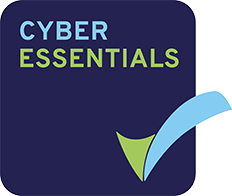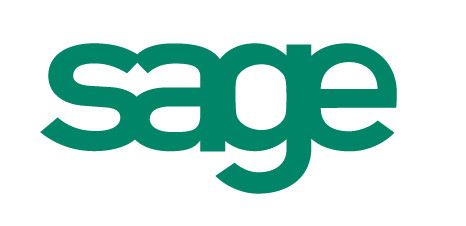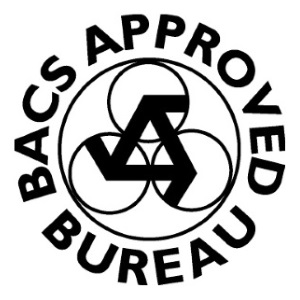Tax deductions for start-ups – how savings can add up
Congratulations! After years of planning, blood sweat and tears, you’ve finally set up your own business. You’ve put thought into your company name, branding, website and staffing. But what about tax savings? Here are some of the ways we can maximise tax deductions for start-ups and increase the money you can put into your business:
Working from home will probably mean increased phone, electricity and heating bills, especially now the nights are drawing in. You can claim back a proportion of these household running costs, but don’t forget you could claim back part of your mortgage interest and council tax as well, if you set aside a room specifically for business use. You should also speak to your accountant about possible CGT implications and business rates.
Do you use your car for getting to and from meetings and visits? Even if it is only every now and then, you can still make a partial claim for its running costs. You can also claim partial relief for computers, furniture, equipment and any other assets you use in your business, even if the rest of your family uses them too.
Professional subscriptions can be claimed back, as well as books and other publications you have purchased for your business. Owners of start-ups have often made quite an initial outlay on resources, so tax deductions on these items may be significant.
If you’ve paid a family member for work done, you may be able to claim tax relief. If you didn’t pay them, speak to your accountant to see if would be worthwhile to do so next year.
It isn’t just physical items that can be claimed for: interest and finance charges such as mortgage interest, credit card interest and personal loans, as long as they were for business purposes, can all qualify. The arrangement fees are included in the calculation, so don’t forget these.
If you’re missing a receipt, or there was no way to get one, for instance if you bought an asset with cash via eBay, there are other ways to prove expenditure took place. Keep a thorough and detailed record of how, when and from whom you bought the item, but don’t forget this item must be for business purposes only. Beware of too many missing receipt claims, as this may trigger an HMRC investigation.
Of course, a good accountant will know all of this, and will ask you the right questions to make sure you’re paying the right amount of tax and making best use of your tax relief.
If you feel as if your accountant is processing your information without question or investigation, speak to one of our experts on 0161 476 9000 or contact us here.












